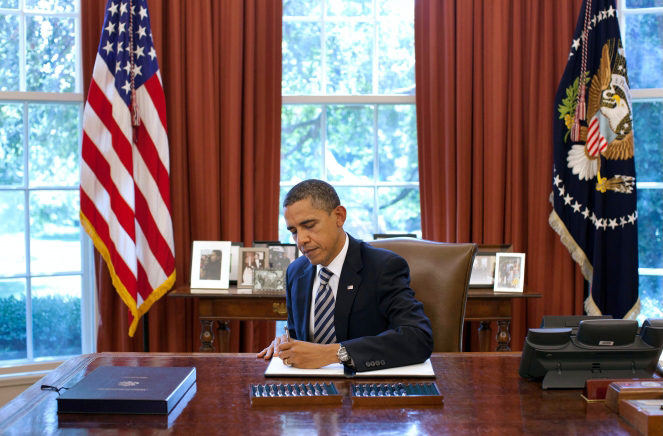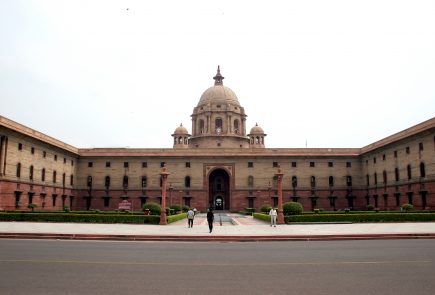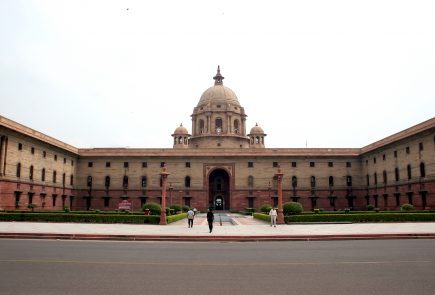President Obama Stands by Net Neutrality; Asks for Stricter Protection

Net Neutrality is one of the most important issues being discussed in the United States. The path taken by FCC will set a precedence that can be used by all other service providers across the world. The future of the free internet stands is at stake and hence it’s important to save it. Luckily amongst the supporters of the Net Neutrality is an important figure; none other than the President of the United States.
Net neutrality principle states that all data that is being transmitted on the internet is equal, and service providers cannot prioritize any data packets.
President Barack Obama in a video address asked the Federal Communications Commission to formulate more stringent rules that protect the net neutrality principle. He expressly stated in the video address, “It is common sense that the same philosophy should guide any service that is based on the transmission of information — whether a phone call or a packet of data.”
FCC had previously called on for public comment on the issue that attracted over four million comments from the public. The majority of these comments were in favor of stronger rules. Even the big internet companies like Google, Netflix, Kickstarter and Vimeo along with others joined hands in support of net neutrality.
The biggest hindrance in the passing of the new rules is the heavy money might of the corporations who have lobbied proactively to gut the net neutrality principle. The telecom companies are not at all a fan of government regulation of the internet. Even the Republican Party, which won control of the two legislative bodies of the US Congress is in favor of diluting Net Neutrality. The stance of the party is evident from this tweet from one of the foremost voices of the Republican side of Congress.
“Net Neutrality” is Obamacare for the Internet; the Internet should not operate at the speed of government.
— Senator Ted Cruz (@SenTedCruz) November 10, 2014
The internet is a phenomenal tool and an essential utility. By diluting net neutrality, companies will be able to charge a premium on specific content like certain sites or charge extra for video streaming. In countries like India, where the telecom providers are known for giving low-grade services at high prices, the issue of net neutrality should be of concern. Using the ignorance of laws, the telecom companies might try to gut the principle outrightly.
If you like the way your internet feels, however slow or unsatisfactory it may feel in its present state, it is still a million times better than what the telecom companies are planning to do with it. So if you like the access to unlimited database of cute animals and babies and all the other awesome stuff in the world, then keep a vigilant eye for whenever you hear the term Net Neutrality.























